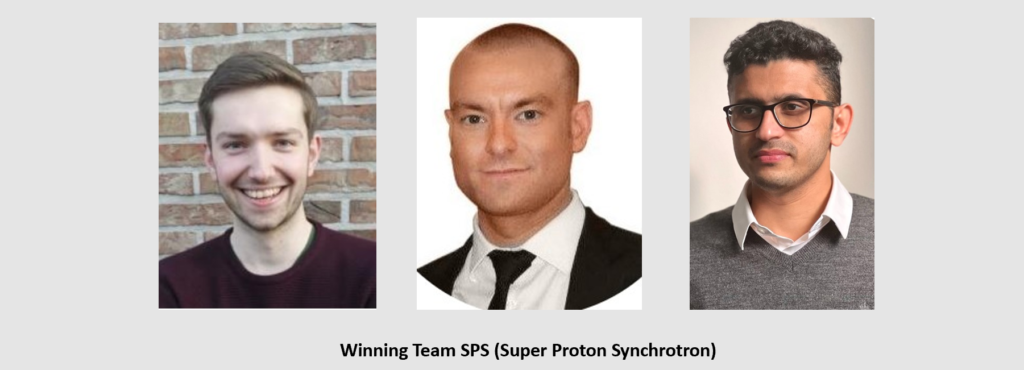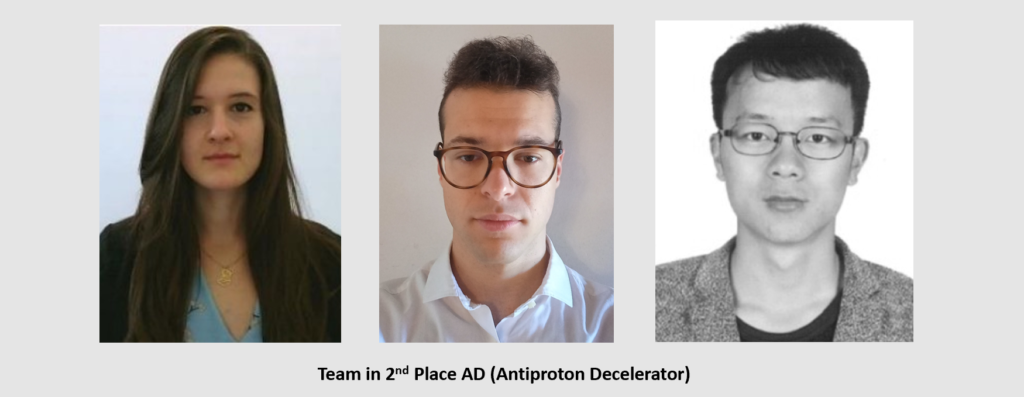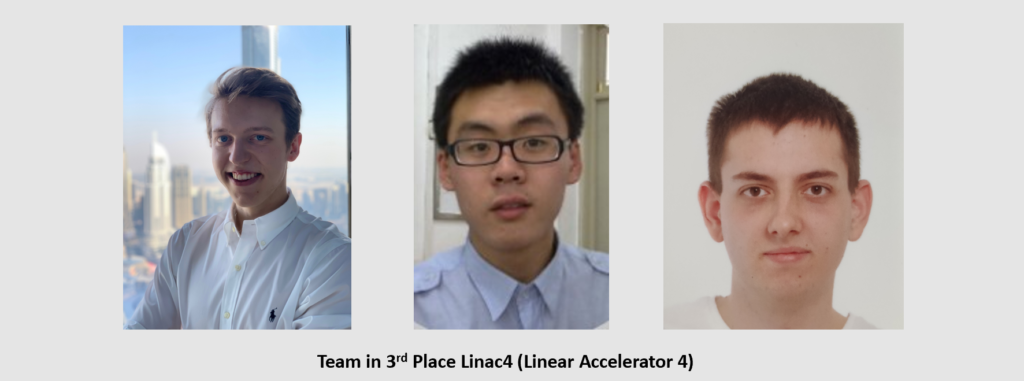euspen talent programme challenge 2022
The “LEGO” Challenge at CERN:
Stage 1 – each team will be asked to develop a solution to our ‘virtual challenge’. The challenge for 2022 is to develop sustainable and affordable alignment solutions for LEGO in its evaluation of polymer BPF process precision and accuracy. The developed solution will be also of interest for CERN for the alignment of its next generation accelerator.
Stage 2 – the top three teams from the “virtual challenge” will be invited to attend CERN metrology labs to develop their virtual challenge solution into reality. A bursary will be awarded to contribute towards travel, accommodation and subsistence. A euspen scholarship will also be awarded to provide complementary access to our 2022 International Conference and Exhibition.
Stage 3 – each team is expected to present their final solution in a short video at euspen’s international conference and exhibition on precision engineering and nanotechnology. Moreover, the students from the top three teams will have the great opportunity to participate in the HR talent forum organized during the International Conference and Exhibition.
Teams and Pitch presentations
We initially had 9 teams comprising of 27 students who participated in the virtual challenge.
All teams were given names relating to CERN accelerators. Despite the conditions of a virtual challenge, we had pitch presentations from 8 teams. The presentation can be found here
| Team 1 LHC (Large Hadron Collider) | Martin Krešić (HR) | Angelos Liakos (DK) | Shigeru Tanikawa (JP) | ||||
| Team 2 SPS (Super Proton Synchrotron) | Elias De Smet (BE) | Kevin John (UK) | Adriano Pilagatti (IT) | ||||
| Team 3 PS (Proton Synchrotron) | Sanja Bjelobradić (HR) | Robert de Bruijne (NL) | Kelechi Anowa (UK) | ||||
| Team 4 PSB (Proton Synchrotron Booster) | Boan Fang (UK) | Shubhavardhan Narasimharaju (DK) | Tonia Vuković (HR) | ||||
| Team 5 Linac3 (LINear ACcelerator 3 | Martin Tomić (HR) | Alberto Gonzalez (ES) | Huodao Huang (UK) | ||||
| Team 6 Linac4 (LINear ACcelerator 4 | Antonio Šoljić (HR) | Shuo Shan (DK) | Mike Ryan (PL) | ||||
| Team 7 LEIR (Low Energy Ion Ring) | Arhimny Hasdi (DK) | Yuka Yamamuro (JP) | Yanbo Zhao (IE) | ||||
| Team 8 AD (Antiproton Decelerator) | Wenzhen Yang (DK) | Mirna Poggi (IT) | Edoardo Bianchi (ES) | ||||
| Team 9 CLEAR (CERN Linear Electron Accelerator for Research) | Raffaele Catalucci (IT) | Yizhao Guan (JP) | Weixin Cui (UK) | ||||
The three top teams who were going to be invited to CERN were:
Team 2 – SPS
Team 6 – Linac4
Team 8 – AD
The prototypes were designed and created and after much deliberations, we are thrilled to announce the winning team in 1st place was awarded to: Team SPS (Super Proton Synchrotron).
 On behalf of euspen and its Talent Organising Committee, congratulations on this wonderful achievement. Elias, Adriano and Kevin, you should be extremely proud of yourselves in designing and developing your concepts in this challenge.
On behalf of euspen and its Talent Organising Committee, congratulations on this wonderful achievement. Elias, Adriano and Kevin, you should be extremely proud of yourselves in designing and developing your concepts in this challenge.
The 2nd place award was given to Team AD (Antiproton Decelerator); well done to Mirna, Edoardo and Wenzhen.
and the team in 3rd place was Team Linac4 (LINear ACcelerator 4); again well done to Mike, Shuo and Antonio.
A video presentation of the three winning teams’ platforms will be shared in the coming weeks!
National Heat Organisers
With special thanks to the following national heat organisers:
- Belgium – Prof. Dominiek Reynaerts & Prof Han Hatjema, Katholieke Universiteit Leuven, BE
- Croatia – Prof. Dr. Sasa Zelenika & Ervin Kamenar, University of Rijeka, HR
- Czech Republic – Dr Otakar Horejš, Czech Technical University, CZ
- Denmark – Prof. Hans Nørgaard Hansen & Dr Matteo Calaon, Technical University of Denmark, DK
- France – Dr Helene Mainaud Durand, CERN, CH
- Germany – Dr Oltmann Reimer, LFM, Bremen, DE
- Italy – Prof. Enrico Savio & Dr Simone Carmignato, DIMEG – Università di Padova, IT
- Spain – Prof. Jose A. Yagüe-Fabra, University of Zaragoza, ES
- Sweden – Dr Andreas Archenti, KTH Royal Institute of Technology, Sweden, SE
- UK – Prof. Liam Blunt & Prof. Richard Leach , University of Huddersfield; University of Nottingham, UK
- ASPE Representatives – Brian O’Connor, Stuart Smith, Luis Aguirre, USA
- JSPE Representatives – Prof. Satoru Takahashi, Dr Kazutoshi Katahira, JP



